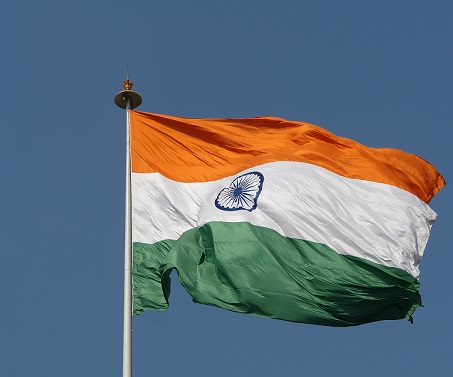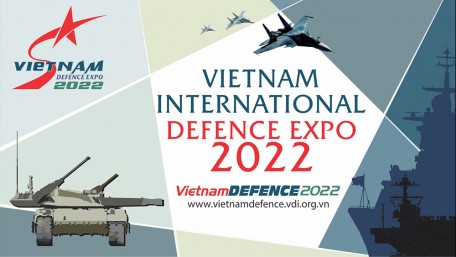
NAGPUR (PTI): Army Chief General Manoj Pande on Thursday said India's dependence on imported technologies for defence has emerged as a "strategic vulnerability", and stressed the need for self-sufficiency in the sector, saying country's security can neither be outsourced nor be dependent on the largesse of others.
Hostile and nuclear-armed neighbours and developments on the country's borders with China have reinforced the need to maintain modern, agile and technologically empowered armed forces at all times, he said while highlighting the need to possess modern technological capabilities.
In his video message addressed to the students of Visvesvaraya National Institute of Technology (VNIT), Nagpur on the occasion of its 20th convocation, Gen Pande also said that India's security environment is defined by a combination of legacy challenges of disputed borders and emerging threats in new domains of cyber, space and the electromagnetic spectrum.
"India has hostile, nuclear-armed neighbours and an unstable neighbourhood. Developments on our northern borders with China over the past two years, including the clash at Galwan, have reinforced the need to maintain modern, agile and technologically empowered armed forces at all times. Our dependence on imported technologies for defence and security has emerged as a strategic vulnerability," he said.
Today's security is founded on technological prowess. There is no country willing to share the latest, state- of-art technologies, he said.
The security of the nation can neither be outsourced, nor be dependent on the largesse of others. Self sufficiency in critical technologies is a strategic imperative that can no longer be ignored, the Chief of the Army Staff said.
"Within a short period, an entire ecosystem of start-ups supporting the defence industry has come up in the country. This a very reassuring development, through which the vision of 'atmanirbharta' (self-sufficiency) will soon be a reality. There is a long way to go, but we are moving steadily on the right track," he said.
The spiral of technological cycles and emergence of disruptive technologies is exceedingly fast in today's world. Quantum computing, artificial intelligence, machine learning, nanotechnology, 5G and the internet of things, to name a just a few, are revolutionising all sectors of national endeavour. These technologies are also transforming the 'character' of future wars, he added.
Gen Pande stressed the need to possess modern technological capabilities and cited the example of the lethal power of drones in the Armenia-Azerbaijan conflict in 2020 and the Israel-Hamas conflict last year which is being termed as the artificial intelligence war and Russia-Ukraine conflict, wherein full power of cutting-edge technologies is on display.
"The countries that possess these capabilities, enjoy a distinct technological edge over adversaries. These niche capabilities are both a deterrence against hostile intent as well as battle winning tools, when war is imposed on us. In essence, they are a strategic imperative to ensure the security of the nation," he said.
He urged the young engineers of the institute to play an active role in contributing to the capability development of the Army and the nation.
 Previous Article
Previous Article Next Article
Next Article












The Indian Air Force, in its flight trials evaluation report submitted before the Defence Ministry l..
view articleAn insight into the Medium Multi-Role Combat Aircraft competition...
view articleSky enthusiasts can now spot the International Space Station (ISS) commanded by Indian-American astr..
view article